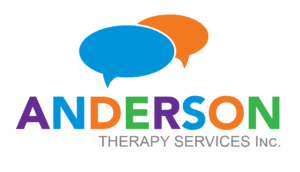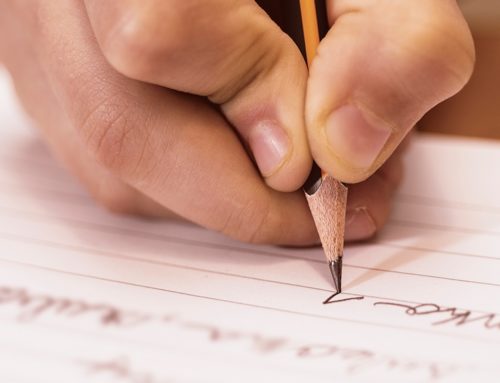4 Functional Strategies for Improving Memory
Memory plays a significant role in our everyday lives. Whether it be remembering where you placed your keys, to your upcoming appointments, or even your own phone number – our brain is always working hard to store and retrieve information.
We all experience minor memory lapses here and there depending on a number of factors; however, some individuals may experience difficulties with their memory on a day-to-day basis. As professionals within the field of speech-language and occupational therapy, we often receive complaints about memory from individuals who have experienced a life-changing event, such as a stroke or traumatic brain injury.
Here are 5 functional strategies for improving memory that you can work on anywhere!
- Write it Down: Most of the time when we are told important information, we tell ourselves that we will remember! But… this is often not the case when we try to recall this specific information a week or even a day later. Take some time to write important information down in an agenda, calendar or journal (e.g., passwords, birthdays, appointments).
- Repeat it Aloud: This is another great strategy to use to remember information for a short period of time or if you are stuck without a pen and paper. Try putting the information into a song or simply repeat it over and over until you no longer need it…or until you find that pen and paper and can write it down!
- Make Mnemonics: This strategy is especially effective for remembering lists of information and includes the use of memory devices like acronyms. Next time you get to the grocery store without your list, try to make an acronym for what you need to buy (e.g., “HOPE” for hamburgers, onions, pickles and eggs).
- Visualize It: Depending on your learning style, it may be beneficial for you to visualize the information that you need to retain (e.g., directions on a map). By thinking of pictures in your mind to represent the information, it often helps us to remember things. Next time you are trying to remember something like directions, try drawing a picture of a road to help you to map out your route.
Learn More About Strategies to Improve Cognition
Using strategies like the ones listed above is an excellent tool for improving everyday cognitive tasks such as remembering important information. If you are noticing any difficulties with day-to-day tasks in your own or a loved one’s life, it may be beneficial to seek help from a speech and language professional. Please give us a call today to discuss your concerns with one of our speech-language pathologists or occupational therapists. We look forward to speaking with you.






